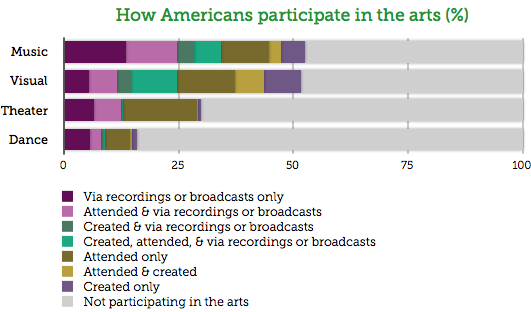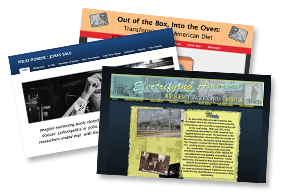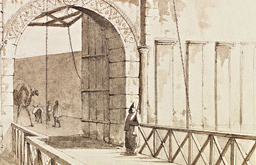Community Embraces New Word Game at Mid-Year Play Day This past Sunday, families at Takoma Park’s Seventh Annual Mid-Year Play Day had the opportunity to experience OtherWordly for the first time. Our educational language game drew curious children and parents to our table throughout the afternoon. Words in Space Several children gathered around our iPads […]
Read moreMonth: March 2011
 Small differences have a big effect when trying to coax thousands or millions of people. This includes urging online readers to take an action. This post looks at how IDEA used small ads on one of our projects (a small, free web-based exhibit about Daylight Saving Time) to promote another project (a 99¢ app about Daylight Saving Time sold via the Apple app store). This post looks at statistics and ratios… (more…)
Small differences have a big effect when trying to coax thousands or millions of people. This includes urging online readers to take an action. This post looks at how IDEA used small ads on one of our projects (a small, free web-based exhibit about Daylight Saving Time) to promote another project (a 99¢ app about Daylight Saving Time sold via the Apple app store). This post looks at statistics and ratios… (more…)
 The growing field of digital humanities is hampered by a lack of motivation to share tools, and a lack of direct rewards from the academic establishment, says a new study published last month in the Digital Humanities Quarterly.
The growing field of digital humanities is hampered by a lack of motivation to share tools, and a lack of direct rewards from the academic establishment, says a new study published last month in the Digital Humanities Quarterly.
Digital humanities uses computers as part of research in arts and humanities. Computers are useless in isolation; they need software written to do interesting analyses. Some processing can be done using simple text processing tools to sort and count words. More complex research requires new tools (new computer programs) to be created. The study looked at the people who create those new tools. One key finding was that creating new software does little to help researcher’s careers.
 When web sites invite commenting, they open the door to unwanted comments. By quickly identifying types of unwanted comments, you know which comments to delete quickly, which to consider responding to, versus which are part of a healthy community.
When web sites invite commenting, they open the door to unwanted comments. By quickly identifying types of unwanted comments, you know which comments to delete quickly, which to consider responding to, versus which are part of a healthy community.
The following are common species of unwanted comments…
Computers and the internet are an increasingly important way that Americans engage in the arts, says a new report from the National Endowment for the Arts. The first bar in the chart below is people consuming recorded or broadcast content:



 This weekend, I was a judge at a local chapter of
This weekend, I was a judge at a local chapter of  Blogging is an increasingly important way for the public to learn about science and culture. Bloggers fill in the information gaps, as traditional publishers slash jobs for science and arts journalists. More important, for good or bad, bloggers remove the gatekeepers (editors, press officers) which previously stood between experts and the public.
Blogging is an increasingly important way for the public to learn about science and culture. Bloggers fill in the information gaps, as traditional publishers slash jobs for science and arts journalists. More important, for good or bad, bloggers remove the gatekeepers (editors, press officers) which previously stood between experts and the public.